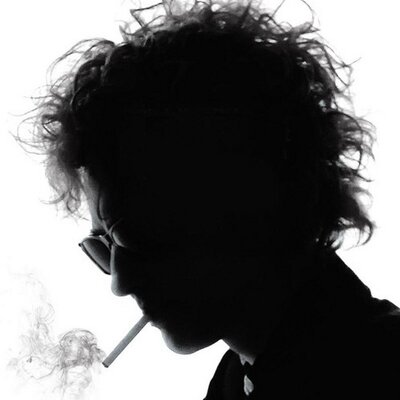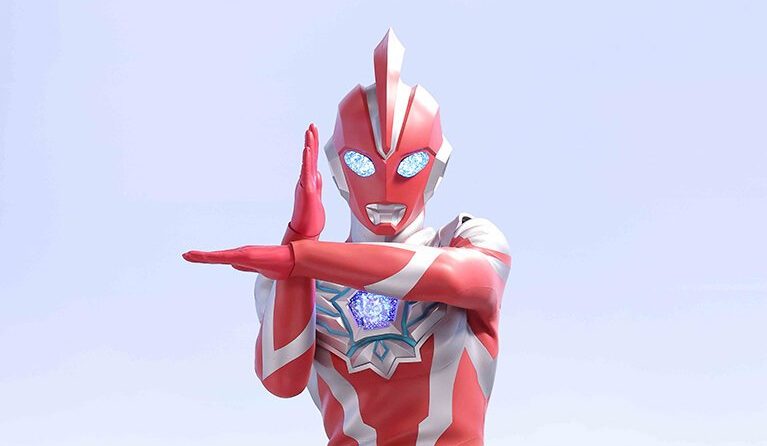Five star resorts dropped in the middle of a third world country, thousands of scooters narrowly missing cars, and three grown men on one of said scooters: this is the Dominican Republic.
Just beyond the white sand beaches and crystal clear water is a land of people barely getting by, emaciated animals, and a blurred line of the law.
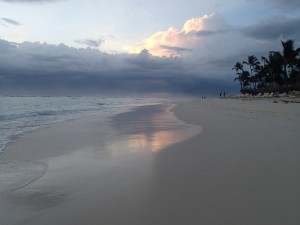
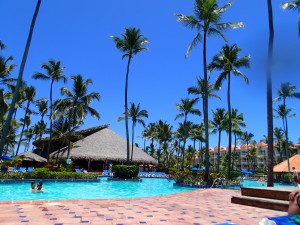
I recently went on a trip to Punta Cana, Dominican Republic and experienced all of these encounters first hand.
We started our journey at 4:00 A.M. at the Baltimore/ Washington International Airport, also known as BWI. After going through security and flying to Atlanta, Georgia, we boarded a small, rather questionable plane to the Dominican Republic. After landing, we saw the terminal, or lack thereof. We exited the plane via stairs on the back of a truck and walked across the tarmac to customs.
To say customs was a bit chaotic is an understatement. There were at least four languages spoken by both tourists and workers alike. The whole process was more of a blur than an organized line of who is coming and going. Also, there is a tax for coming to, 10 dollars, and leaving the country, 20 dollars which is sometimes added into your plane ticket, adding more steps to an already complicated process.
After leaving the airport in a rented car, we soon learned that the driving style is vastly different from that of the U.S. There are posted laws and reminders along both sides of the road; however, none of the locals pay attention to them.
No passing zone? Plan on getting passed. One way road? It’s okay, just drive on the side of the road and avoid oncoming traffic. That’s just the cars, not the scooters. Oh, the scooters. They are everywhere and between every lane of traffic going upwards of 60 miles per hour. This leaves foreign drivers panicking at the thought of dealing with foreign insurance due to a broken mirror.
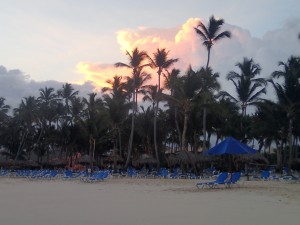
This is not to say that there is no police presence there. Believe me, there is. The police are located at almost every intersection, mall, and gas station, often in mass quantities in the back of a truck making one think of an army vehicle.They don’t just have guns; they have big guns. During one of our many adventures to get souvenirs and other necessities, we encountered a supermarket and mall with police armed with shotguns standing outside of the bathroom.
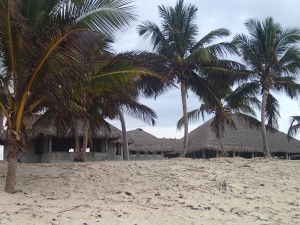
The advertisements are correct though; the beaches are beautiful. The water is so clear you can be a mile out and see down to the bottom. Many of the hotels and resorts also have workers go out onto the beach and pick up all shells and seaweed before the tourists wake up and come out. This gives the ideal beach without a piece of trash, rock, or any other thing bound to scrape feet.
The resorts are gorgeous as well. With various restaurants and an international buffet there is something for everyone. The workers at the resorts wait on guests hand and foot, often for no tips due to the inclusive nature of all resorts. However, the two years of Spanish taken in high school definitely came in handy. Many of the workers speak little or no English and the communication is limited to broken Spanish and pointing at objects.
Beyond the beautiful beaches and fancy resorts are villages of struggling families and harsh realities. The animals are emaciated and unfenced, children as young as three years old work on farms or for tips just to help their families, and fences consist of tree branches strung together with barbed wire.
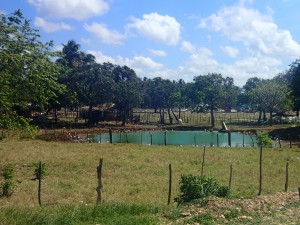
On our first excursion, we took dune buggies (or boogies to the locals) out to local villages and learned about their agricultural life and met some of the children from the village. When going into the limestone caves, the group passed at least a dozen children making baskets, wallets, and other products, and some other children were just handing out small pink flowers to tourists.
The people of Punta Cana live in broken down huts held together by rope and walls made of scraps of other buildings. Many of the workers who serve tourists at the resorts live in similar huts when they are not working in the resort.
It is easy to see how they could dislike the tourists because of their blatant lack of appreciation for what they have. However, without the tourism brought to the country by its beaches, the small economy that does exist for the people would be gone.
The spirit of the Dominican people is unlike anything I have ever seen
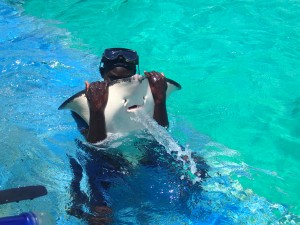
before. Even though they undeniably have a difficult life, they still live it to the fullest and enjoy life through music, dancing, family, and friends.




